
The Indian Economic Services Exam Syllabus is crucial and first thing to be read for anyone preparing for IES 2026. This post explains the paper pattern, topics, and books to be read for each of the papers in IES exam .In Indian economic services exam, there will be six papers, conducted in three consecutive days. On day 1, General English and General Studies. On day 2, General Economics I and II and on day 3, General Economics III and IV.
The standard of papers in General English and General Studies will be such as may be expected of a graduate of an Indian University.
The standard of papers in the other subjects will be that of the Master’s degree examination of an Indian University in the relevant disciplines. The candidates will be expected to illustrate theory by facts, and to analyse problems with the help of theory. They will be expected to be particularly conversant with Indian problems in the field of Economics.
General English
Candidates will be required to write an essay in English. Other questions will be designed to test their understanding of English and workman like use of words. Passages will usually be set for summary or precis
General Studies
General knowledge including knowledge of current events and of such matters of everyday observation and experience in their scientific aspects as may be expected of an educated person who has not made a special study of any scientific subject. The paper will also include questions on Indian Polity including the political system and the Constitution of India, History of India and Geography of a nature which a candidate should be able to answer without special study
Detailed Indian Economic Services Exam Syllabus (2025 Update)
General Economics -I
As part of the Indian Economic Services Exam Syllabus, Paper I focuses on Microeconomic Theory, Mathematical Economics, Econometrics and Statistics. You can assume, questions will comprise 75%-80% Microeconomics and 20%-25% Maths, Statistics and Econometrics
PART A : Microeconomics
Theory of Consumer’s Demand
Cardinal utility Analysis: Marginal utility and demand, Consumer’s surplus, Indifference curve Analysis and utility function, Price income and substitution effects, Slutsky theorem and derivation of demand curve, Revealed preference theory. Duality and indirect utility function and expenditure function, Choice under risk and uncertainty. Simple games of complete information, Concept of Nash equilibrium.Theory of Production
Factors of production and production function. Forms of Production Functions: Cobb Douglas, CES and Fixed coefficient type, Translog production function. Laws of return, Returns to scale and Return to factors of production. Duality and cost function, Measures of productive efficiency of firms, technical and allocative efficiency. Partial Equilibrium versus General Equilibrium approach. Equilibrium of the firm and industry.Theory of Value
Pricing under different market structures, public sector pricing, marginal cost pricing, peak load pricing, cross-subsidy free pricing and average cost pricing. Marshallian and Walrasian stability analysis. Pricing with incomplete information and moral hazard problems.Theory of Distribution
Neo classical distribution theories; Marginal productivity theory of determination of factor prices, Factor shares and adding up problems. Euler’s theorem, Pricing of factors under imperfect competition, monopoly and bilateral monopoly. Macro-distribution theories of Ricardo, Marx, Kaldor, Kalecki.Welfare Economics
Inter-personal comparison and aggregation problem, Public goods and externalities, Divergence between social and private welfare, Compensation principle. Pareto optimality. Social choice and other recent schools, including Coase and Sen.
PART B: Quantitative Methods in Economics
Mathematical Methods in Economics
Differentiation and Integration and their application in economics. Optimisation techniques, Sets, Matrices and their application in economics. Linear algebra and Linear programming in economics and Input-output model of Leontief.Statistical and Econometric Methods
Measures of central tendency and dispersions, Correlation and Regression. Time series. Index numbers. Sampling of curves based on various linear and non-linear function. Least square methods and other multivariate analysis (only concepts and interpretation of results). Analysis of Variance, Factor analysis, Principal component analysis, Discriminant analysis. Income distribution: Pareto law of Distribution, lognormal distribution, measurement of income inequality. Lorenz curve and Gini coefficient. Univariate and multivariate regression analysis. Problems and remedies of Heteroscedasticity, Autocorrelation and Multicollinearity.
Books for preparing Paper I
of
Indian Economic Services Exam
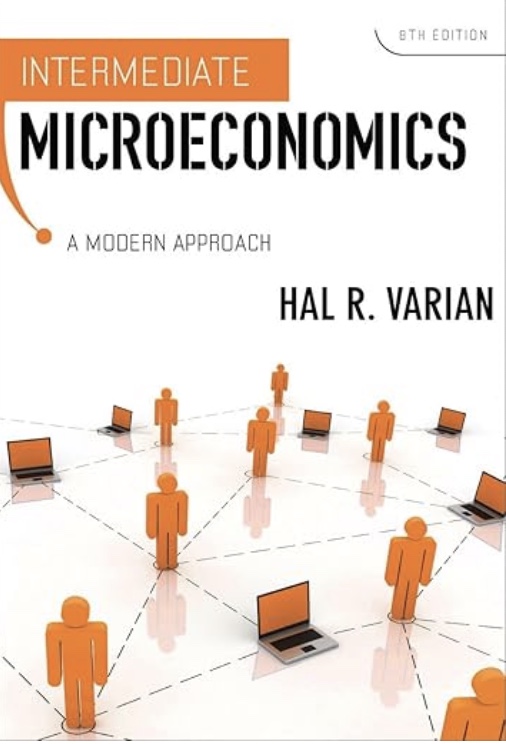
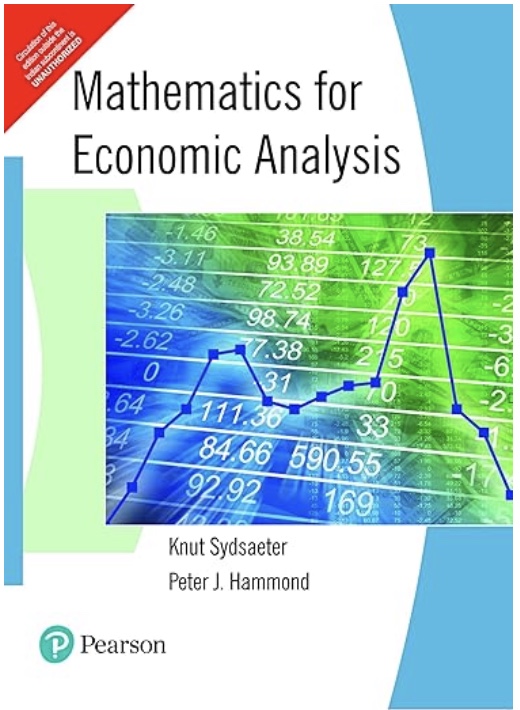
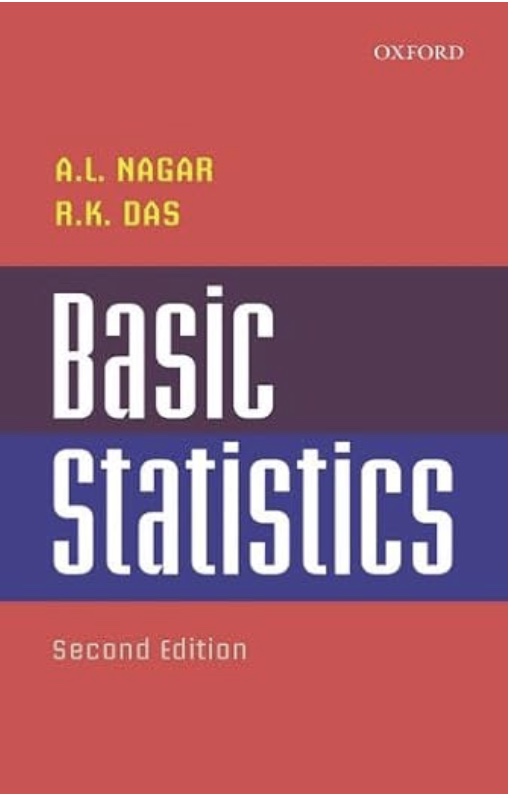
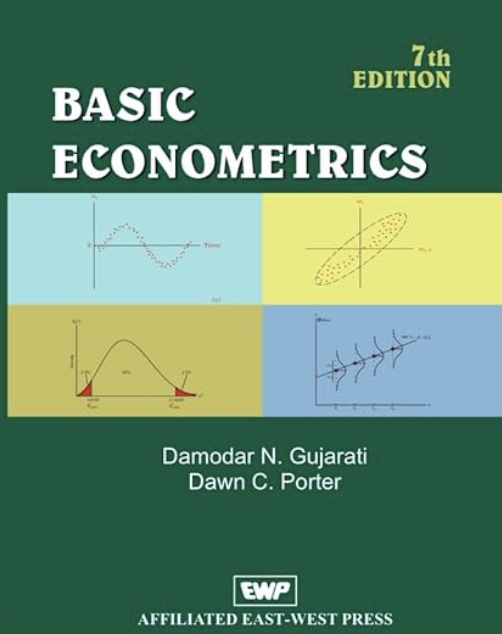
General Economics - II
Continuing with the Indian Economic Services Exam Syllabus, Paper II covers topics in Macroeconomic Theory, including National Income Accounting, Economic Growth and Development, and International Economics.
Economic Thought
Mercantilism, Physiocrats, Classical, Marxist, Neo-classical, Keynesian and Monetarist schools of thought.Concept of National Income and Social Accounting
Measurement of National Income, Inter-relationship between three measures of national income in the presence of Government sector and International transactions. Environmental considerations, Green national income.Theory of Employment, Output, Inflation, Money and Finance
The Classical theory of Employment and Output and Neo classical approaches. Equilibrium analysis under classical and neo classical analysis. Keynesian theory of Employment and Output. Post Keynesian developments. The inflationary gap; Demand pull versus cost push inflation, the Philips curve and its policy implication. Classical theory of Money, Quantity theory of Money. Friedman’s restatement of the quantity theory, the neutrality of money. The supply and demand for loanable funds and equilibrium in financial markets, Keynes’ theory on demand for money. IS-LM Model and AD-AS Model in Keynesian Theory.Financial and Capital Market
Finance and economic development, financial markets, stock market, gift market, banking and insurance. Equity markets, Role of primary and secondary markets and efficiency, Derivatives markets; Futures and options.Economic Growth and Development
Concepts of Economic Growth and Development and their measurement: characteristics of less developed countries and obstacles to their development – growth, poverty and income distribution. Theories of growth:Classical Approach: Adam Smith, Marx and Schumpeter
Neo-classical approach: Robinson, Solow, Kaldor and Harrod-Domar
Theories of Economic Development: Rostow, Rosenstein-Roden, Nurske, Hirschman, Leibenstein and Arthur Lewis, Amin and Frank (Dependency school), respective role of state and the market.
Utilitarian and Welfarist approach to social development and A.K. Sen’s critique.
Sen’s capability approach to economic development.
The Human Development Index. Physical Quality of Life Index and Human Poverty Index. Basics of Endogenous Growth Theory.
International Economics
Gains from International Trade, Terms of Trade, policy, international trade and economic development.
Theories of International Trade: Ricardo, Haberler, Heckscher-Ohlin and Stolper-Samuelson.
Theory of Tariffs. Regional Trade Arrangements.
Asian Financial Crisis of 1997, Global Financial Crisis of 2008 and Euro Zone Crisis – Causes and Impact.Balance of Payments
Disequilibrium in Balance of Payments, Mechanism of Adjustments, Foreign Trade Multiplier, Exchange Rates, Import and Exchange Controls and Multiple Exchange Rates. IS-LM Model and Mundell-Fleming Model of Balance of Payments.Global Institutions
UN agencies dealing with economic aspects, Role of Multilateral Development Bodies (MDBs) such as World Bank, IMF and WTO, Multinational Corporations, G-20.
Books for preparing Paper II
of
Indian Economic Services Exam
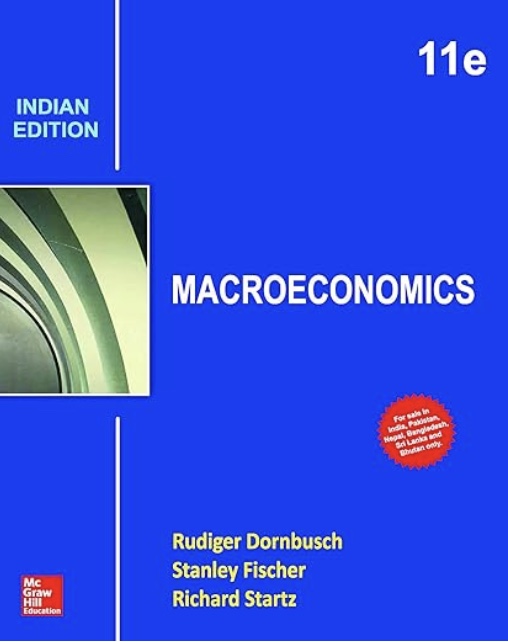
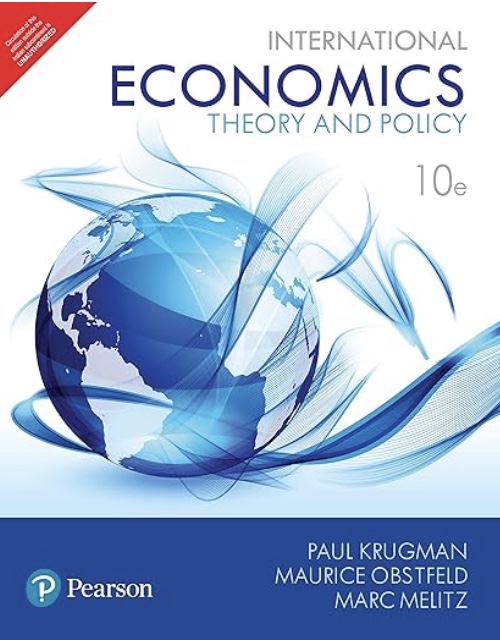
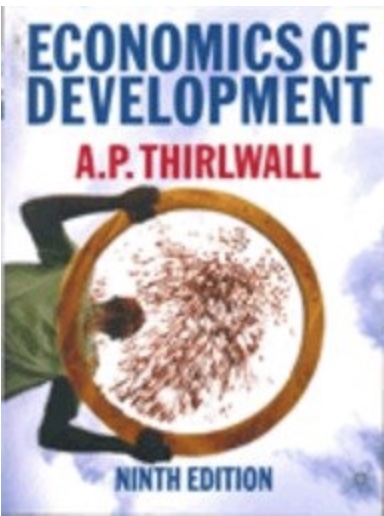
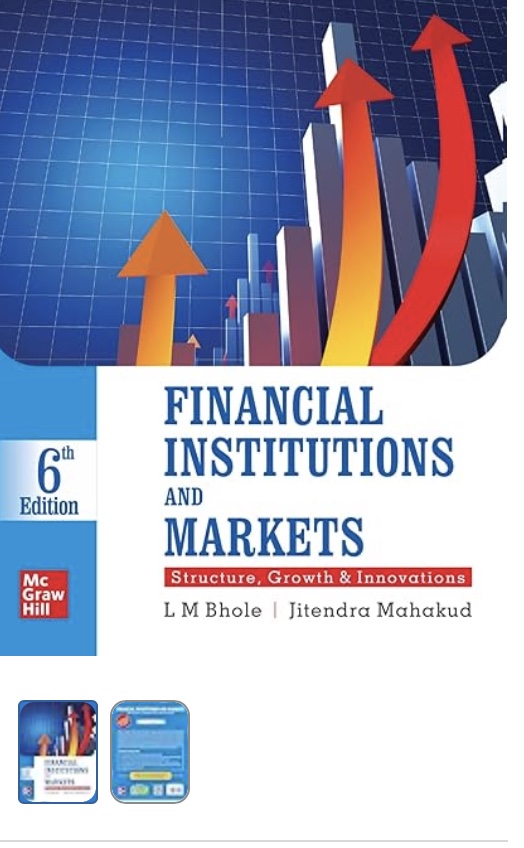
General Economics - III
The Indian Economic Services Exam Syllabus for Paper III focuses on Public Finance, Environmental Economics, Industrial Economics, and State and Market roles, with special emphasis on Indian economic problems.
- Public Finance
Theories of taxation: Optimal taxes and tax reforms, incidence of taxation. Theories of public expenditure: objectives and effects of public expenditure, public expenditure policy and social cost benefit analysis, criteria of public investment decisions, social rate of discount, shadow prices of investment, unskilled labour and foreign exchange. Budgetary deficits. Theory of public debt management. - Environmental Economics
Environmentally sustainable development, Rio process 1992 to 2012, Green GDP, UN Methodology of Integrated Environmental and Economic Accounting. Environmental Values: Users and non-users values, option value. Valuation Methods: Stated and revealed preference methods. Design of Environmental Policy Instruments: Pollution taxes and pollution permits, collective action and informal regulation by local communities. Theories of exhaustible and renewable resources. International environmental agreements, RIO Conventions. Climatic change problems. Kyoto Protocol, UNFCC, Bali Action Plan, Agreements up to 2017, tradable permits and carbon taxes. Carbon Markets and Market Mechanisms. Climate Change Finance and Green Climate Fund. - Industrial Economics
Market structure, conduct and performance of firms, product differentiation and market concentration, monopolistic price theory and oligopolistic interdependence and pricing, entry preventing pricing, micro-level investment decisions and the behaviour of firms, research and development and innovation, market structure and profitability, public policy and development of firms. - State, Market and Planning
Planning in a developing economy. Planning, regulation and market. Indicative planning. Decentralised planning.
Books for preparing Paper III
of
Indian Economic Services Exam
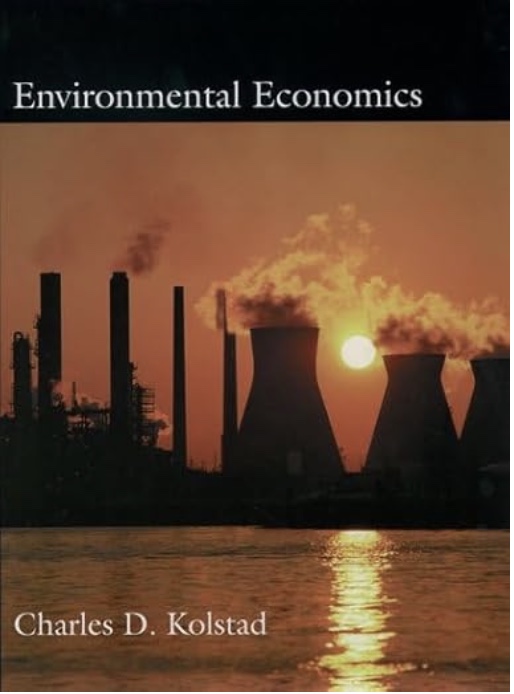
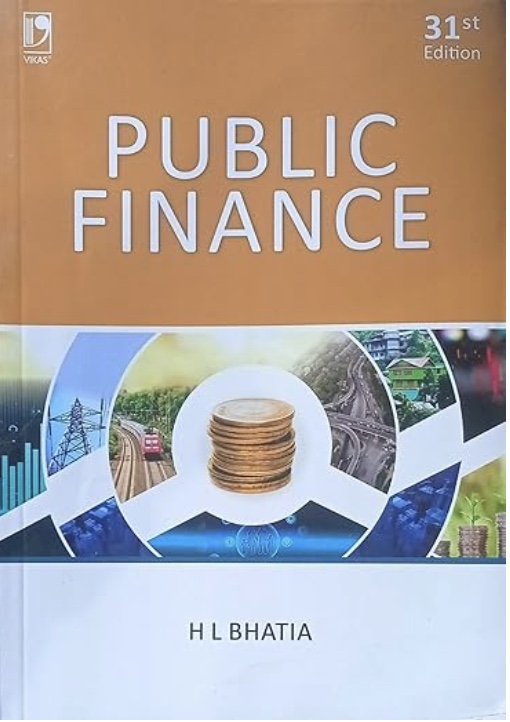
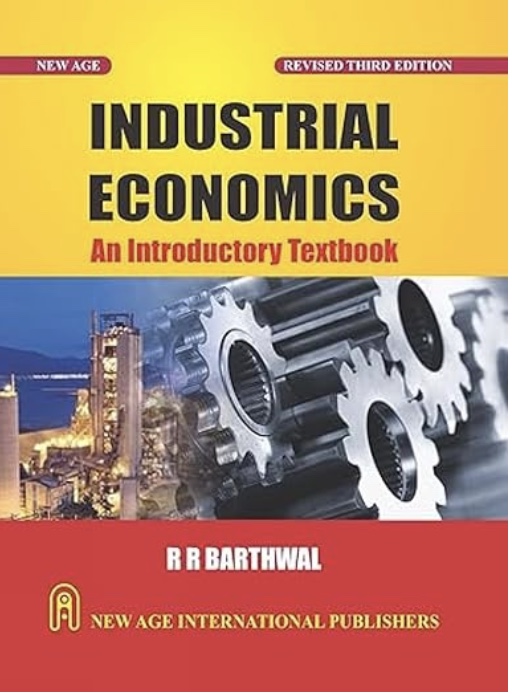
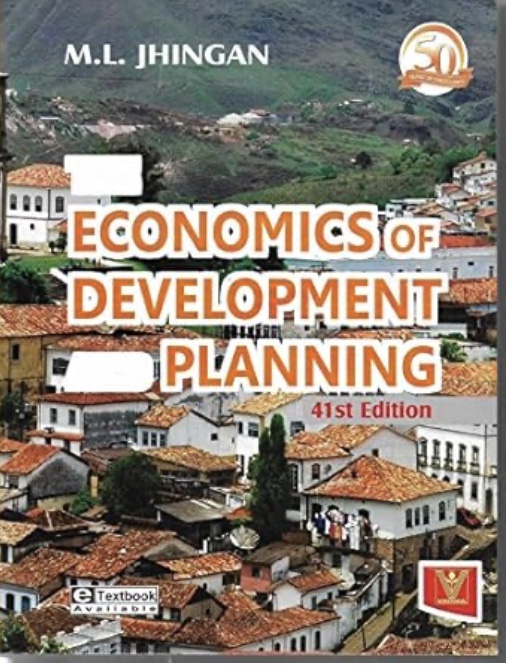
Indian Economics
According to the Indian Economic Services Exam Syllabus, Paper IV tests the candidate’s understanding of Indian Economy, with topics like Agriculture, Industry, Poverty, Employment, Infrastructure, and Foreign Trade.
- History of Development and Planning
Alternative development strategies—goal of self-reliance based on import substitution and protection, the post-1991 globalisation strategies based on stabilisation and structural adjustment packages: fiscal reforms, financial sector reforms and trade reforms. - Federal Finance Constitutional provisions relating to fiscal and financial powers of the States, Finance Commissions and their formulae for sharing taxes, Financial aspect of Sarkaria Commission Report, financial aspects of 73rd and 74th Constitutional Amendments.
- Budgeting and Fiscal Policy
Tax, expenditure, budgetary deficits, pension and fiscal reforms, Public debt management and reforms, Fiscal Responsibility and Budget Management (FRBM) Act, Black money and Parallel economy in India—definition, estimates, genesis, consequences and remedies. - Poverty, Unemployment and Human Development
Estimates of inequality and poverty measures for India, appraisal of Government measures, India’s human development record in global perspective. India’s population policy and development. - Agriculture and Rural Development Strategies
Technologies and institutions, land relations and land reforms, rural credit, modern farm inputs and marketing—price policy and subsidies; commercialisation and diversification. Rural development programmes including poverty alleviation programmes, development of economic and social infrastructure and New Rural Employment Guarantee Scheme. - India’s Experience with Urbanisation and Migration
Different types of migratory flows and their impact on the economies of their origin and destination, the process of growth of urban settlements; urban development strategies. - Industry
Strategy of industrial development—Industrial Policy Reform; Reservation Policy relating to small scale industries. Competition policy, Sources of industrial finances. Bank, share market, insurance companies, pension funds, non-banking sources and foreign direct investment, role of foreign capital for direct investment and portfolio investment, Public sector reform, privatisation and disinvestment. - Labour
Employment, unemployment and underemployment, industrial relations and labour welfare—strategies for employment generation—Urban labour market and informal sector employment, Report of National Commission on Labour, Social issues relating to labour e.g. Child Labour, Bonded Labour, International Labour Standard and its impact. - Foreign Trade
Salient features of India’s foreign trade, composition, direction and organisation of trade, recent changes in trade, balance of payments, tariff policy, exchange rate, India and WTO requirements. Bilateral Trade Agreements and their implications. - Money and Banking
Financial sector reforms, Organisation of India’s money market, changing roles of the Reserve Bank of India, commercial banks, development finance institutions, foreign banks and non-banking financial institutions, Indian capital market and SEBI, Development in Global Financial Market and its relationship with Indian Financial Sector. Commodity Market in India – Spot and Futures Market, Role of FMC. - Inflation
Definition, trends, estimates, consequences and remedies (control): Wholesale Price Index. Consumer Price Index: components and trends.
Books for preparing Indian Economics
for
Indian Economic Services Exam
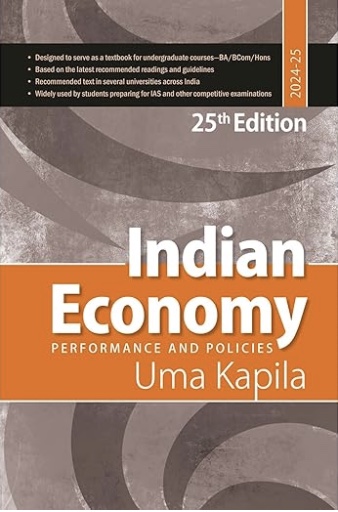
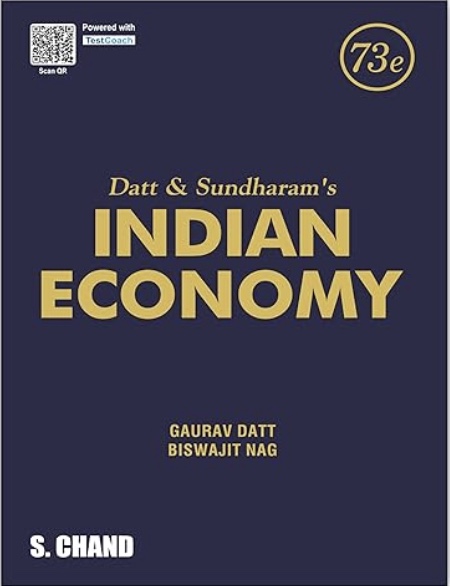
For official details, visit the [UPSC Indian Economic Services Exam Syllabus page]
Our IES Coaching Program
The Indian Economic Service offers a remarkable platform for economists to influence policy decisions and drive national development. Understanding the structure and diverse roles of IES officers is essential for anyone aspiring to join this prestigious cadre.
Preparing for the IES exam requires a clear strategy, strong conceptual clarity, and consistent guidance. At Nishant Mehra Classes, our focus is on building a solid foundation through well-structured courses, updated study material, and expert mentorship, enabling aspirants to approach the exam with confidence.
To learn more about our program and how we can support your preparation journey, explore our Indian Economic Service Coaching Program.